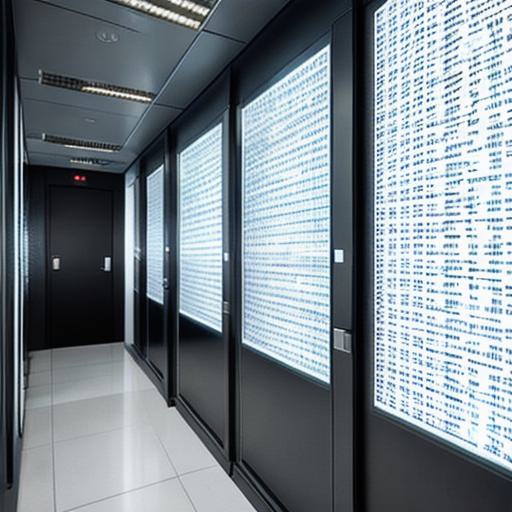I. Introduction
In today’s digital world, businesses deal with a vast amount of sensitive information during mergers and acquisitions (M&A), fundraising rounds, or regulatory compliance. To manage this data securely and efficiently, data rooms have emerged as an essential tool for companies. In this text, we will explore the concept of data rooms and how they are used in various business scenarios.
II.
What is a Data Room?
A data room is a secure, virtual environment where sensitive documents and information are shared with authorized parties. It provides a centralized platform to manage due diligence processes, store, share, and track the access to critical information during transactions such as M&A or fundraising.
III.
Benefits of Using a Data Room
- Enhanced Security: Data rooms employ advanced encryption, multi-factor authentication, and access controls to ensure data privacy and security.
- Streamlined Processes: They offer version control, search functionalities, and real-time access to documents, saving time and reducing errors in the due diligence process.
- Customizable Access: Data rooms enable administrators to define user roles and permissions, ensuring that only authorized individuals have access to specific information.
- Improved Communication: Data rooms facilitate seamless communication between all parties involved in a transaction by providing a centralized platform for document sharing and collaboration.


IV. Real-life Applications of Data Rooms in Businesses
- Mergers and Acquisitions (M&A): Data rooms are commonly used during the M&A process to securely share confidential information with potential buyers, their advisors, and legal teams.
- Fundraising: Startups and growing companies use data rooms to present their financial information, business plans, and other sensitive documents to potential investors.
- Regulatory Compliance: Data rooms help organizations meet regulatory requirements by providing a secure and efficient means of sharing and managing required documentation with auditors and regulators.
V. Conclusion
In conclusion, data rooms have become indispensable tools for businesses undergoing transactions or seeking regulatory compliance. They provide enhanced security, streamlined processes, and customizable access to sensitive information, ultimately saving time and resources while ensuring data privacy and integrity. With the increasing volume of digital data in today’s business landscape, data rooms are more critical than ever.
